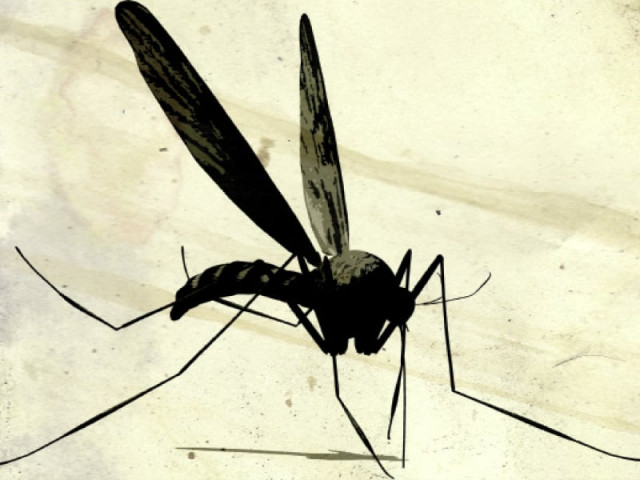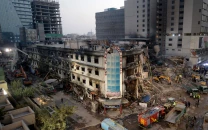Dengue crisis deepens in Pindi
Hospitals treat 209 patients, many of whom suffer from severe symptoms

The dengue outbreak in Rawalpindi continues to escalate, with 160 new confirmed cases reported in the last 24 hours. This surge has brought the total number of dengue patients being treated in local hospitals to 209, despite ongoing anti-dengue campaigns and concerted efforts by the district administration. Pothohar Town remains a significant hotspot, causing widespread fear among residents.
Dengue patients are struggling with debilitating symptoms, including fatigue, body aches, and weakness. Even those whose platelet counts exceed 150,000 often experience lingering exhaustion from the illness.
In the latest update, Pothohar Town reported 72 new dengue cases, while 22 cases emerged from the Municipal Corporation. The Rawalpindi Cantonment recorded 35 cases, followed by 13 from Potohar Rural Areas, and three patients from Chaklala Cantt, Gujjar Khan, and Taxila. This season, the total number of confirmed dengue cases in Rawalpindi has reached 3,068, with ten reported fatalities attributed to the virus.
Local hospitals are becoming overwhelmed. The current breakdown of patients is as follows: 66 at Benazir Bhutto General Hospital, 31 at the District Headquarters Hospital, 40 at Fauji Foundation, 31 at Holy Family Hospital, and 41 at various other facilities.
The health department has taken strict measures, filing 4,374 FIRs against residents for violating standard operating procedures related to dengue prevention. In addition, 1,683 buildings have been sealed due to dengue larvae, and 2,915 challan tickets have been issued, resulting in over 19.3 million rupees in fines for repeated violations.
In light of the ongoing health crisis, doctors recommend that dengue patients take two doses of Panadol daily, stay hydrated with apple and sweet juices, consume papaya leaf juice, and drink saltwater mixed with lemon to aid recovery. Community cooperation and vigilance remain crucial in combating this persistent public health threat.
Following Potohar Town, the areas under the Rawalpindi Cantonment Board are experiencing a troubling rise in dengue cases. This alarming increase is largely attributed to insufficient and delayed surveillance in vulnerable neighbourhoods.
Dengue mosquitoes are now widespread, with reports indicating that nearly every other household has a dengue-positive patient. The conditions in the Rawalpindi Cantonment Board closely resemble those in Potohar Town's affected areas, such as Chak Jalaldin and Garja.



















COMMENTS
Comments are moderated and generally will be posted if they are on-topic and not abusive.
For more information, please see our Comments FAQ